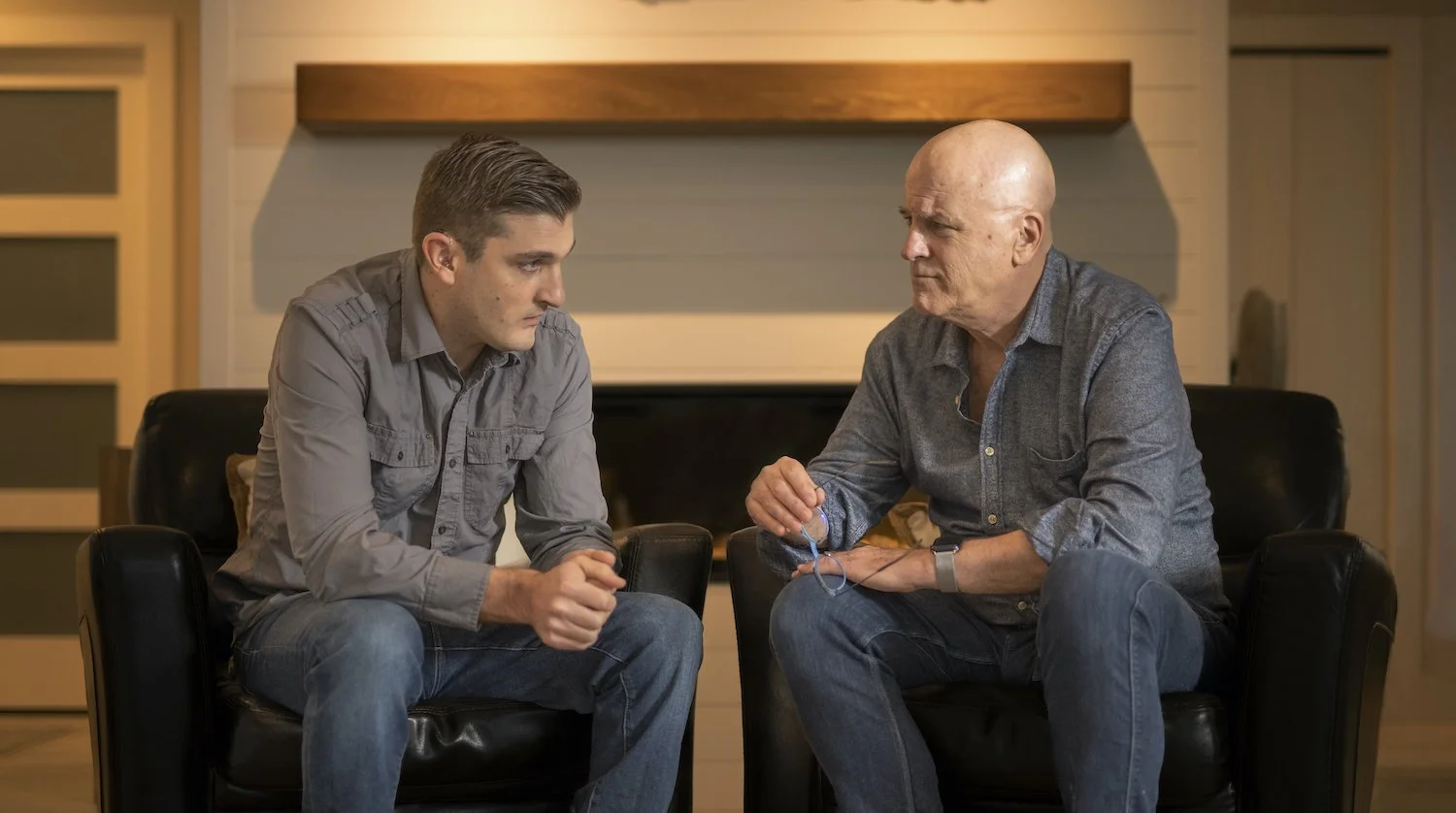Recovery Coaching FAQ
What Is Recovery Coaching? Here’s Everything You
Need to Know
Here’s a clear, compassionate guide to how Recovery Coaching works, who it helps, and what to expect—whether you're in early sobriety, post-treatment, or just exploring.
FAQ
-
A recovery coach is a trusted support—someone who walks beside you as you move through the hard, hopeful work of recovery.
They’re not here to fix or judge. They’re here to listen, guide, and help you build a life that feels worth staying for.
Recovery coaches are trained paraprofessionals, often with lived experience. They understand the winding, messy road of recovery because they’ve walked parts of it themselves—and they meet you wherever you are on that path.
Whether you’re trying to get into detox, just out of treatment, or rebuilding your life months or years into sobriety, a recovery coach can help you:
Set and pursue meaningful goals — whatever recovery looks like for you
Navigate resources — from detox and rehab to therapy, housing, or support groups
Stay accountable — through regular, honest check-ins
Build everyday skills — emotional regulation, boundaries, routines, and coping tools
Recovery coaches also play a critical role after treatment, when overdose risk is high due to lowered tolerance. They help people stay connected to their goals and supports—especially in moments of vulnerability.
For families: A recovery coach can provide peace of mind. While they don’t offer therapy or medical treatment, they do offer structure, connection, and consistent follow-through. They're often one of the few people your loved one will allow in.
Recovery coaching isn’t clinical. It’s relational. It’s practical. And it works best when there’s trust, honesty, and a shared commitment to change—even if it’s one small step at a time.
-
A recovery coach and a sponsor are vastly different in several ways.
A sponsor guides people through the 12-step programs such as AA, NA, GA, etc.
A recovery coach works within several pathways, which may or may not include the 12-step groups.
A recovery coach helps people build recovery capital, those critical underpinnings of good recovery foundation.
Many recovery coaches are sponsors within 12-step groups, but do not perform sponsorship duties while coaching.
-
Therapists look into your past to determine the causes of your struggles and associated behaviours.
Done well, this is an important part of establishing a stronger sense of wellbeing.
Conversely, a recovery coach helps you focus on the present and the vast potential of your future.
A good coach helps you identify your goals and any barriers that might be in the way.
-
People who work with recovery coaches tend to enter recovery sooner and stay longer. Recovery may mean complete abstinence or cutting down so intake reduces to a subclinical level.
A well-trained and accredited recovery coach meets you where you are, helping you reach the goals that have meaning for you.
Importantly, a recovery coach helps illuminate the barriers to those goals, which often includes substance use or behavioural addictions.
-
Not at all.
You don’t have to be sober to work with a recovery coach. You just have to want support.
Whether you’re exploring sobriety, cutting back, or starting over, or even just taking a break—your coach is here to walk with you, not push you.
Working With a Coach
-
Every session is a conversation—but not the kind where someone talks at you.
It’s a space that’s honest, supportive, and focused on what matters to you. Some days you’ll set goals or make a plan. Other days, you might unpack what’s getting in the way—or just talk things out and be heard. That’s all part of the process.
Here’s what might happen in a typical session:
You talk about what’s working—and what’s not.
You explore what you want, what’s next, or what’s possible.
You get support in building routines, boundaries, or a plan that fits your life.
You vent, laugh, cry, reflect—or stay quiet for a while. That’s okay too.
Your coach is there to listen, reflect, and walk with you. You set the pace. You choose the direction.
There’s no pressure to perform or “do it right.” Just a safe space to be real—and move forward, one step at a time.
-
It depends on your needs.
Some people start with weekly sessions, others check in more often early on. Your coach will work with you to find a rhythm that feels right. -
Yes.
You don’t need to have it all figured out.
A coach will never shame or pressure you—they’ll simply support you in getting clear on what you want and how to get there, one step at a time. -
Absolutely.
Relapse is part of many people’s journey, and your coach will still be there.
There’s no “failing” in recovery coaching—just learning, adjusting, and trying again. -
Definitely.
Many people find recovery coaching most helpful after treatment, when structure fades and life feels overwhelming again.
Others work with a coach years into recovery, as they grow and evolve.
For Those Who are Just Starting out
-
Yes.
You don’t need to be “ready.” You just need to be curious.
We’ll meet you wherever you are—even if all you have are questions. -
Absolutely.
You don’t have to commit to anything big.
A coach can help you explore your relationship with substances and make changes at your own pace. -
Yes.
That’s actually one of the most important things a coach does—sit with you in the “I don’t know” and help you build a path forward.
You don’t need a plan. You just need a first step. We’ll help you find it.

